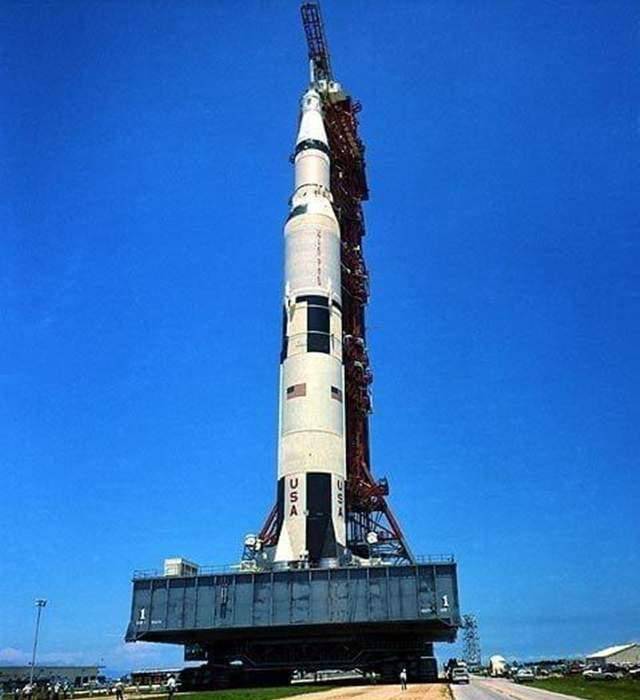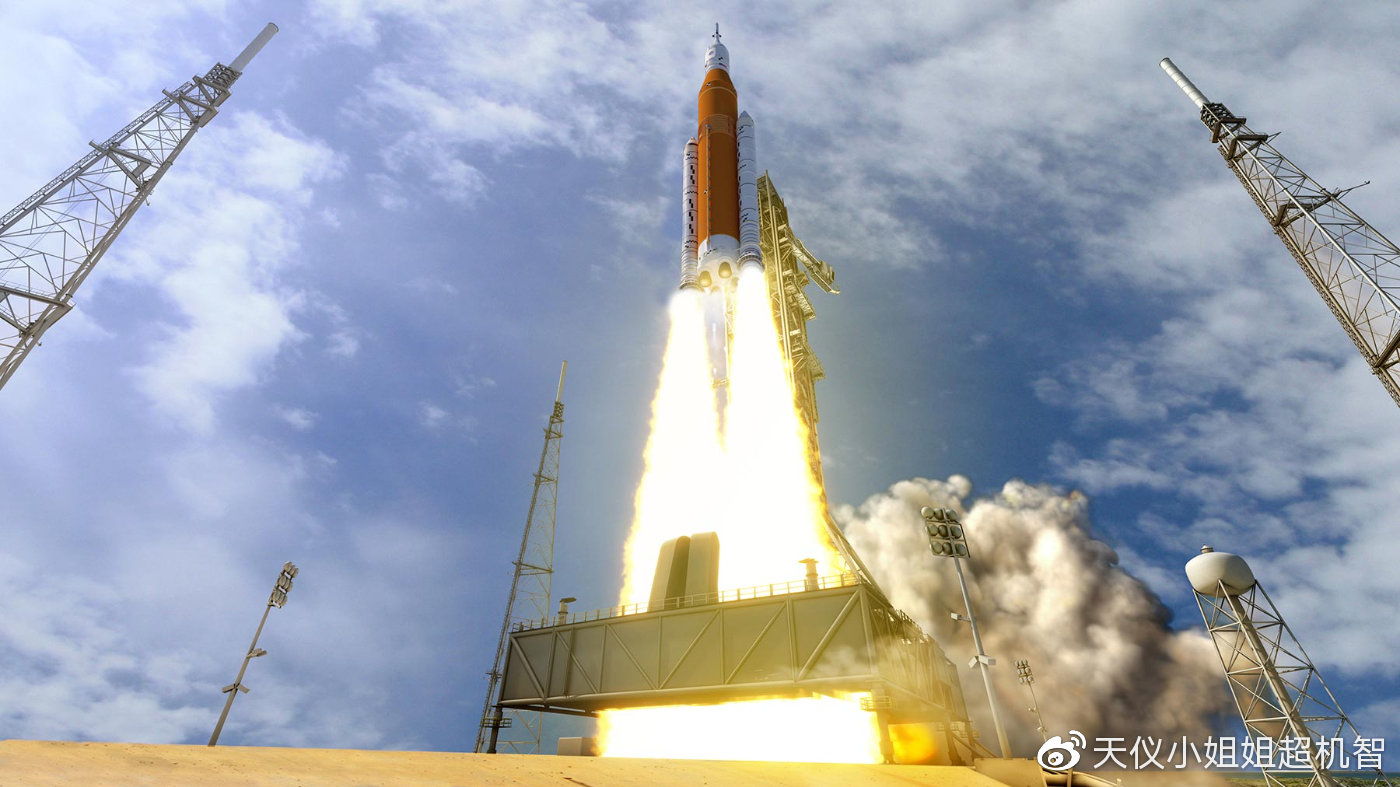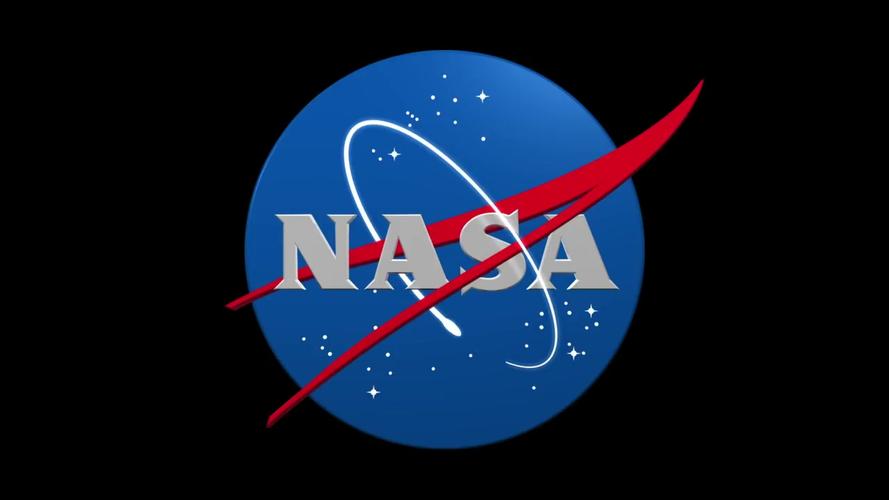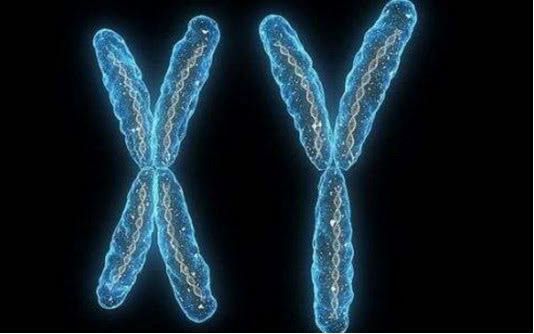Our solar system is like a giant neighborhood, and the Earth is just one of its families. Space exploration is the process by which we go from our home to the door and visit our neighbors. From the moon landing to Mars exploration, to the distant interstellar travel, this journey is full of unknowns and surprises. Let's take a look at this neighbourhood walk through the galaxy.

Just like a curious neighbour always wants to know the decoration style of the house next door, human curiosity about the universe drives us to keep stepping out of the Earth to explore unknown areas. Space exploration has not only driven the rapid development of technology; many of the high-tech products we use every day, from computer chips to medical devices, were originally developed for space missions. In addition, the moon and asteroids may be rich in resources, such as rare metals and water ice, which are important for the future development of the Earth. By studying the climate and geology of other planets, we can better understand the Earth, predict and respond to environmental changes, and thus better protect it.
In 1969, Apollo 11, the first human landing on the moon, was like our first step into a galactic "community". Astronaut Neil Armstrong's words, "One small step for man, one giant leap for mankind" are still memorable. This mission is not only a breakthrough in science and technology, but also a symbol of the spirit of human exploration. Mars is a close neighbour of Earth, often called the "Red Planet". Recently, NASA's Curiosity and Perseverance rovers landed on Mars to collect rock samples and look for evidence of past life. It's like visiting our neighbours and taking a closer look at their gardens, trying to find traces of their past lives.

Asteroids are like vagabonds in the solar system community, wandering around but rich in resources. Japan's Hayabusa and NASA's Osiris-REx probes have collected samples from asteroids Ryugu and Bennu, respectively. "and NASA's Osiris-REx probe collected samples from the asteroids Ryugu and Bennu respectively and brought them back to Earth. These missions not only help us to understand the origin of the solar system, but may also provide important clues for future resource development.
Establishing a lunar base is a major goal of current space exploration.NASA's Artemis program plans to put astronauts back on the moon in the next few years and establish a long-term base at the moon's south pole. It's like opening a new branch on the edge of the neighbourhood, making it easy for us to explore further afield. The colonization of Mars is an important goal for the future of humanity. elon Musk, founder of SpaceX, has proposed a plan to send humans to Mars in hopes of establishing a self-sustaining colony there in the future. It would be like moving to a neighbour's house for an extended period and exploring a new way of life.

Interstellar travel is the ultimate human dream. Although the technology is still immature, scientists are already working on cutting-edge technologies such as how to travel at the speed of light and wormhole travel. In the future, perhaps we can travel across the stars and visit distant galaxies and planets, just like the characters in sci-fi movies.
Space exploration is like a neighbourhood walk filled with curiosity and adventure. Each step brings discoveries and challenges to better understand the universe and ourselves. As technology continues to advance, we will go further and explore more uncharted territory one step at a time. When you look up at the stars, imagine yourself on a galactic journey to visit the twinkling stars and distant planets. The universe is so big that there are always endless surprises and wonders waiting for us to discover.





